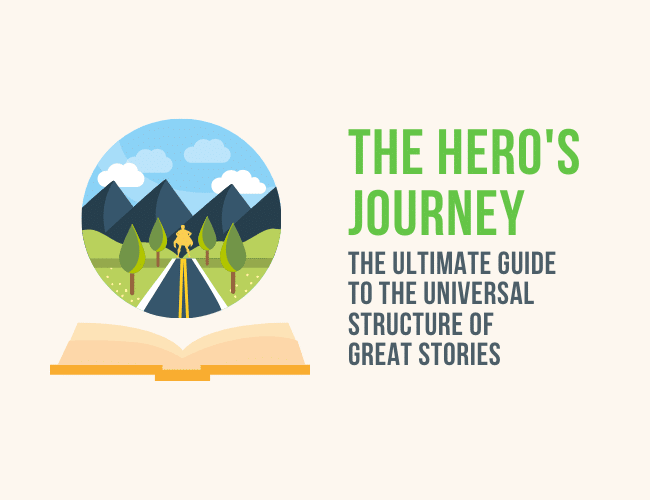
by David Safford |
At one point in your writer’s life, you’ve probably come across the term Hero’s Journey. Maybe you’ve even studied this guide for storytelling and applied it to your own books—and yet, something about your own application felt off. You wanted to learn more, but didn’t know where to start.
You needed a resource that would simplify the hero’s journey steps and all the other major details instead of complicate them.
You needed this post.
The Hero’s Journey is as old as humanity itself. And over the history of humanity, this single story form has emerged over and over again. People from all cultures have seemed to favor its structure, and its familiar types of characters, symbols, relationships, and steps.
If you want to build or strengthen your writing career and win a following of many happy readers, you want this particular tool in your writer’s toolbox.
Let’s dive in.
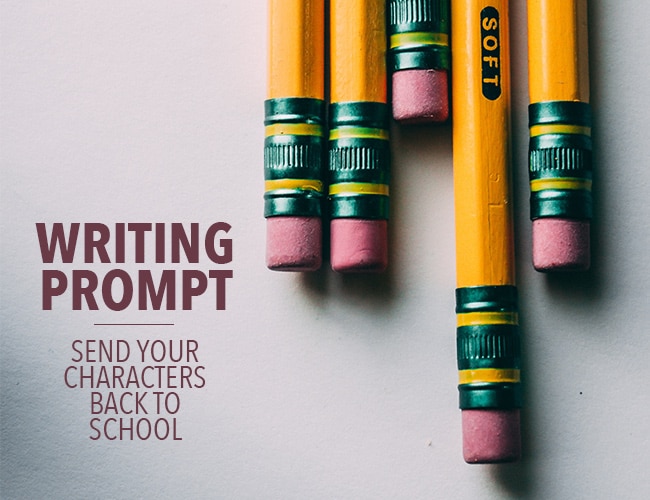
by David Safford |
It’s back to school season, and students everywhere are returning to classrooms after weeks away. But the return to school each autumn isn’t just a rite of passage. It’s a major change.
The best stories, inspired by strong prompts, center around change. That’s why you should use the return to school as the Inciting Incident for your new story.
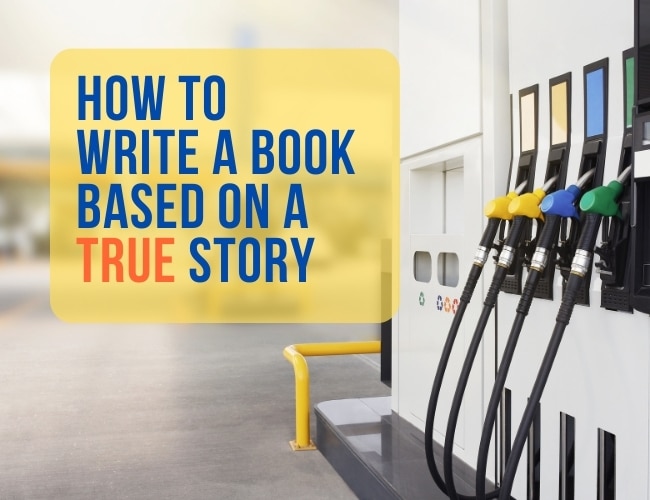
by David Safford |
Life is filled with stranger-than-fiction moments. You might be wondering, though, how do you know how to write a book based on a true story? Because in practice, it’s much harder than it sounds, right?
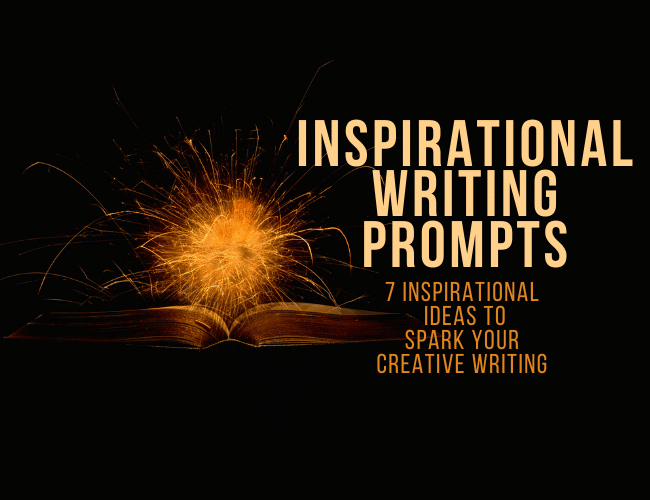
by David Safford |
Where do you find story ideas? Here are seven inspirational ideas to fuel your creativity. What kinds of stories will these writing prompts lead you to tell?
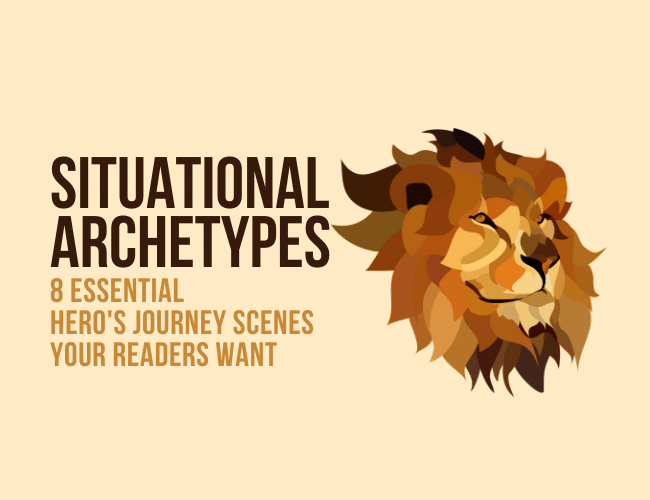
by David Safford |
What do you get when you string a bunch of scenes together?
A story!
Since stories are composed of individual scenes, it makes sense to study them and figure out which scenes your story will need. And if you’re going to write a Hero’s Journey (in any genre), there are some scenes, or situational archetypes, that your reader will instinctively expect your story to include.
Let’s explore five essential scenes to write in your next Hero’s Journey story!







